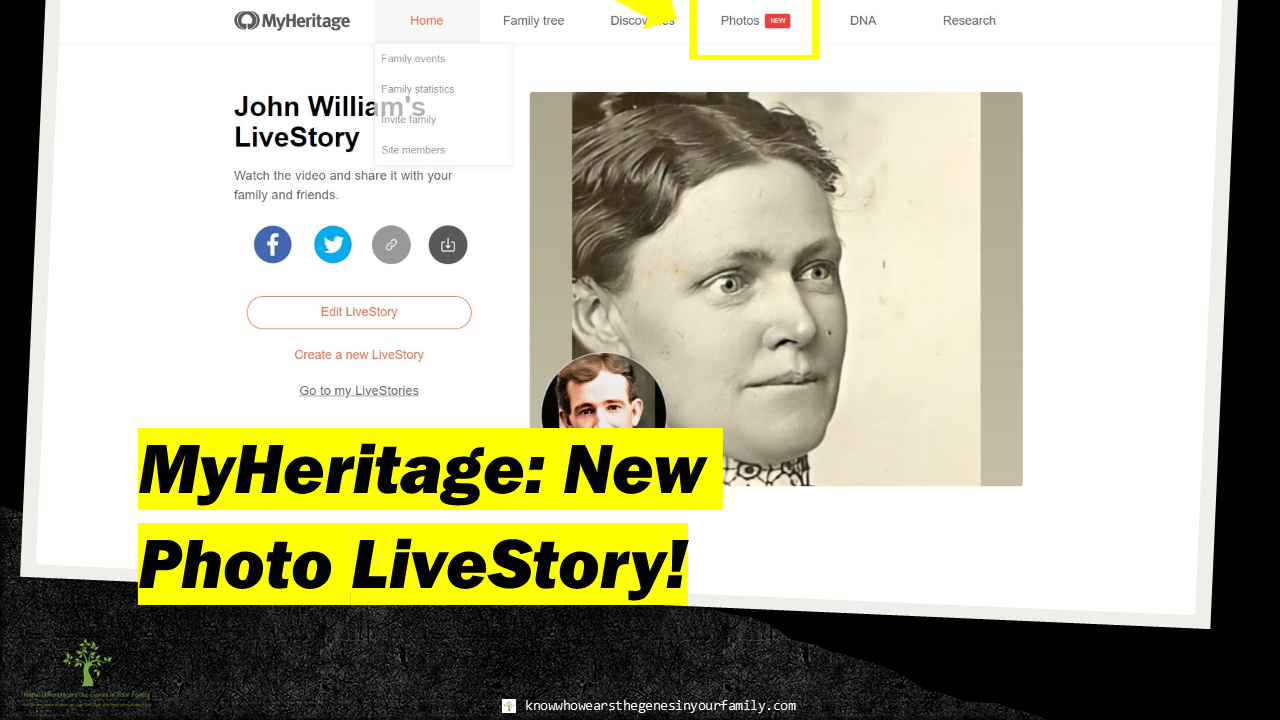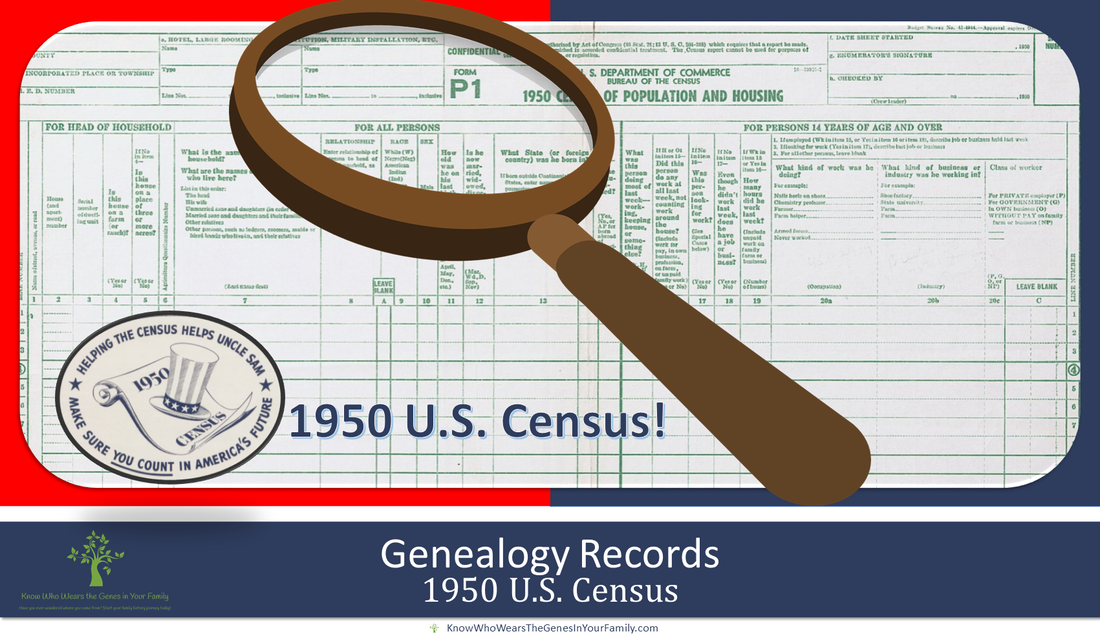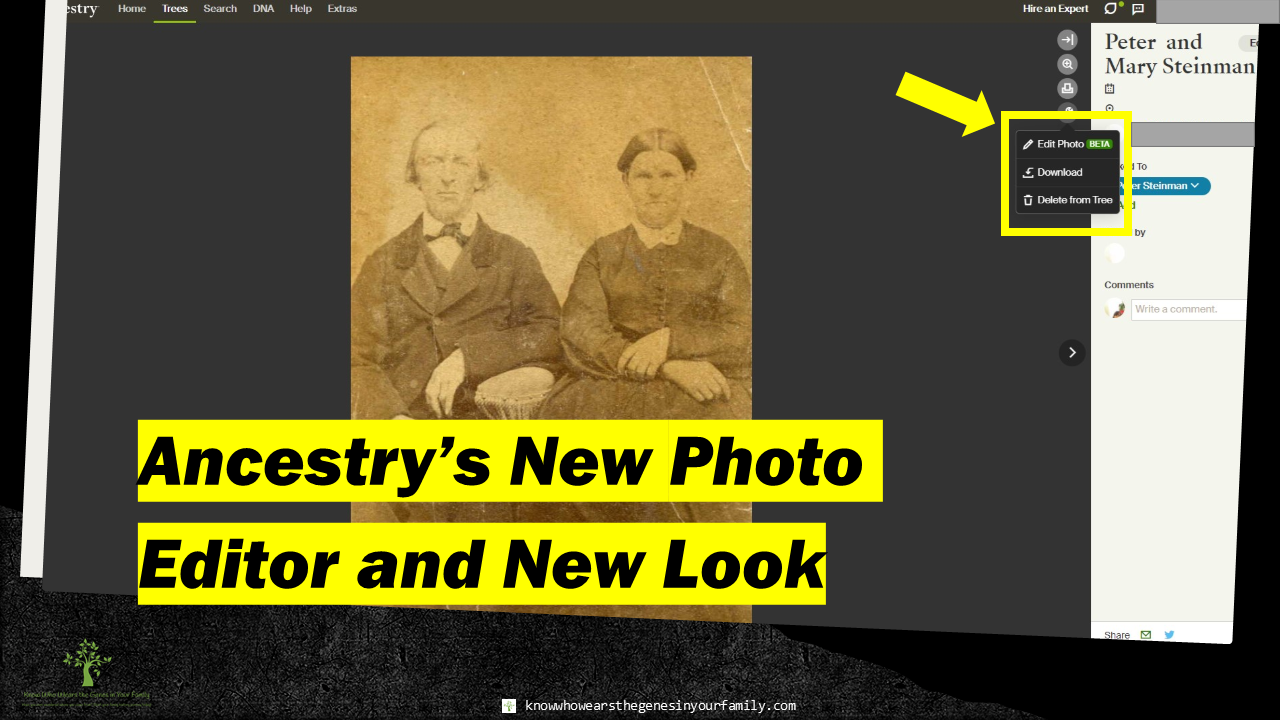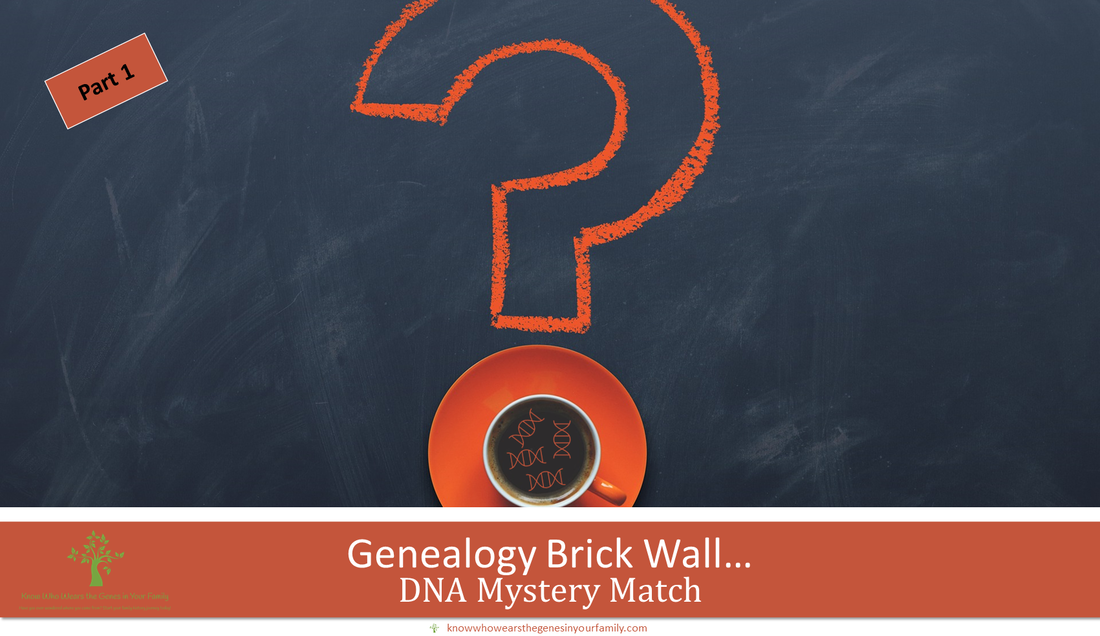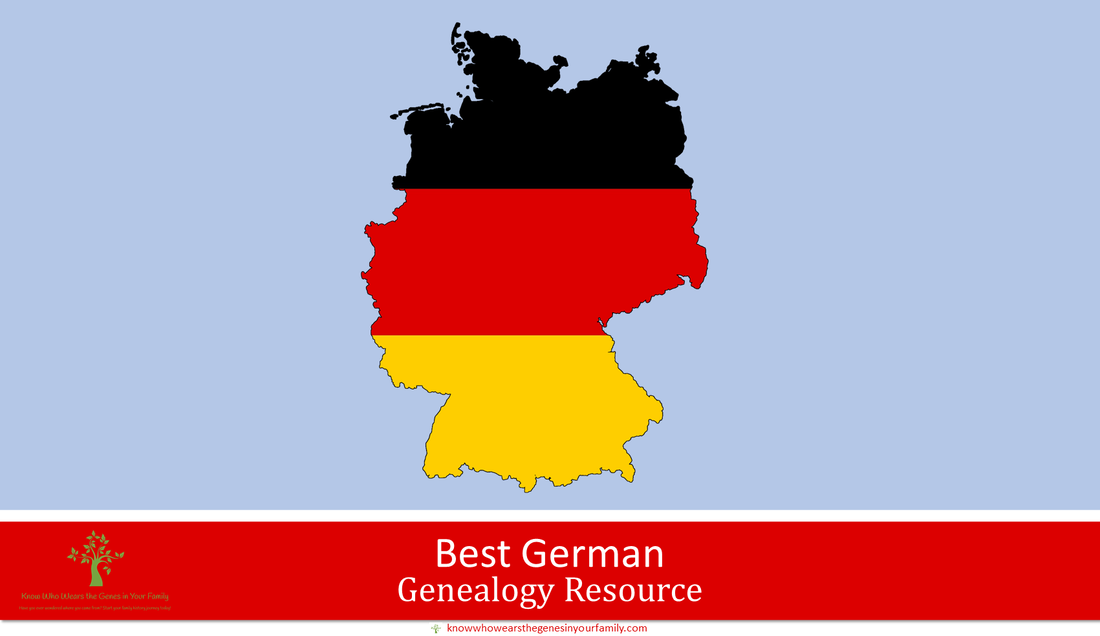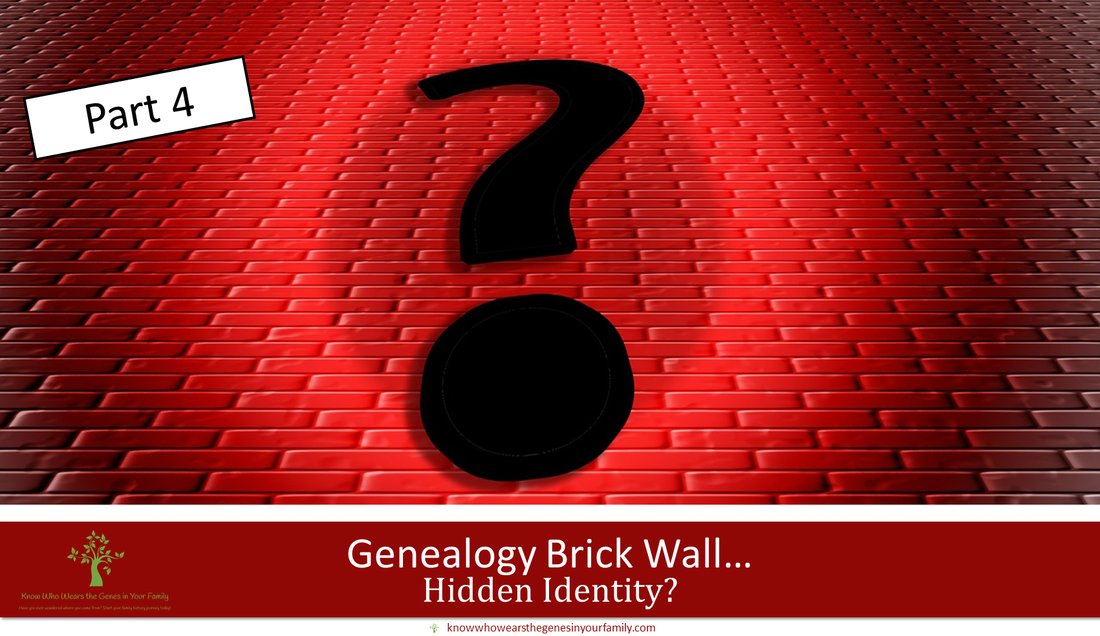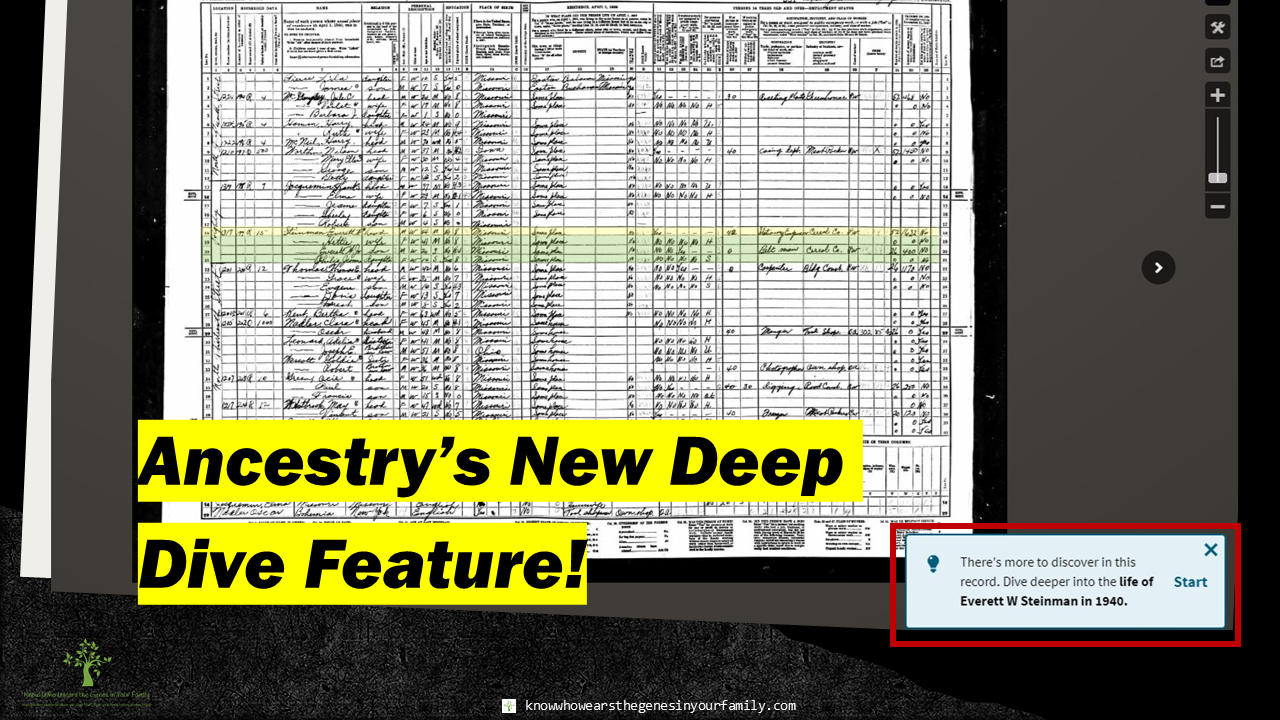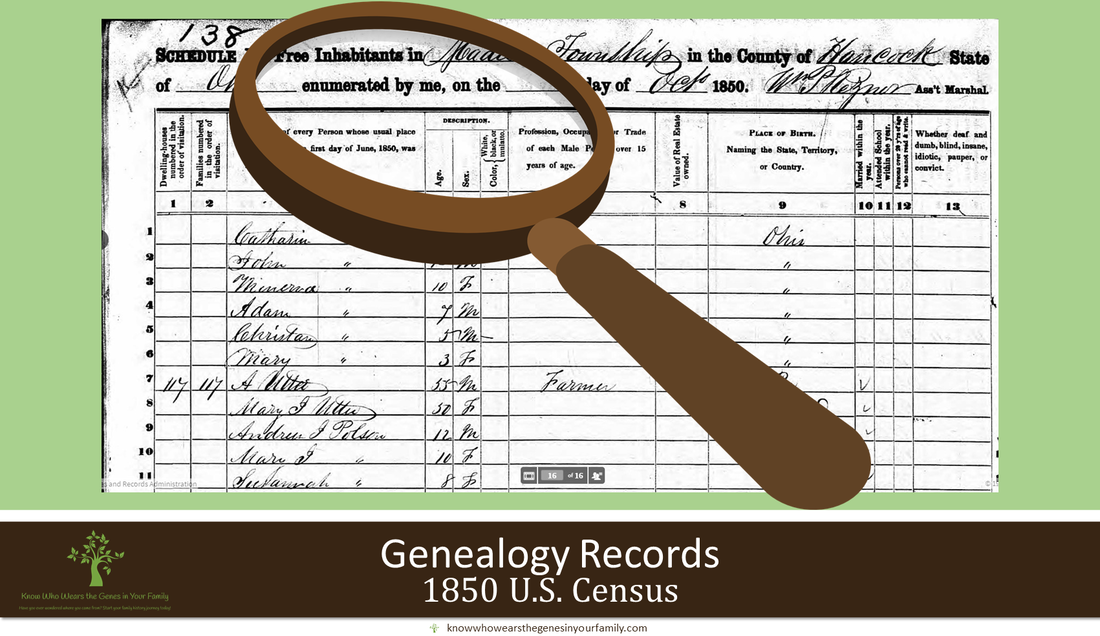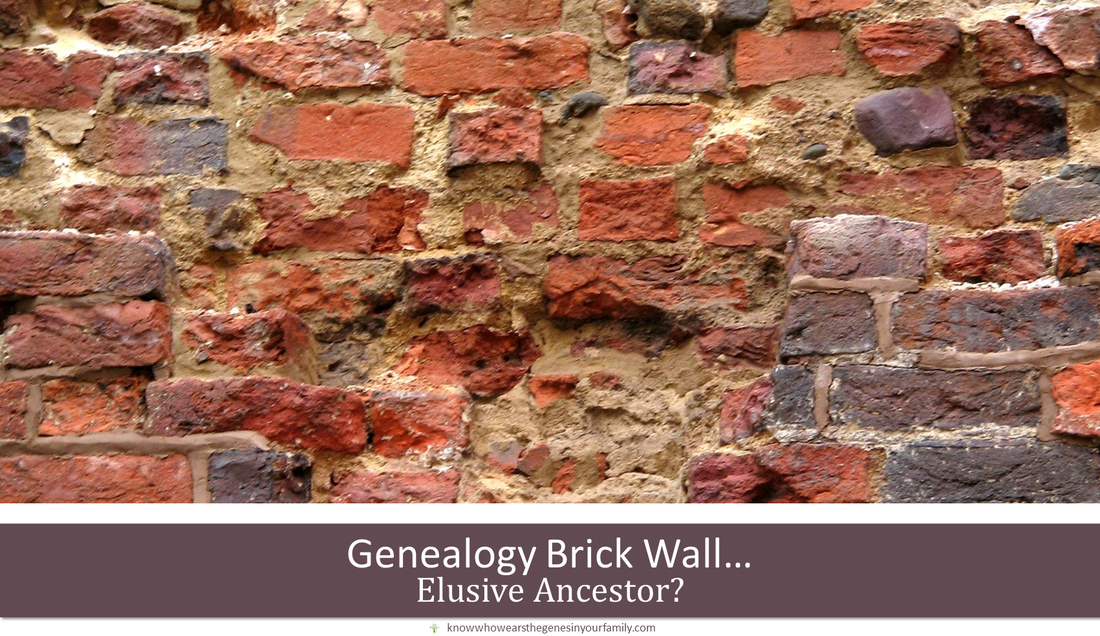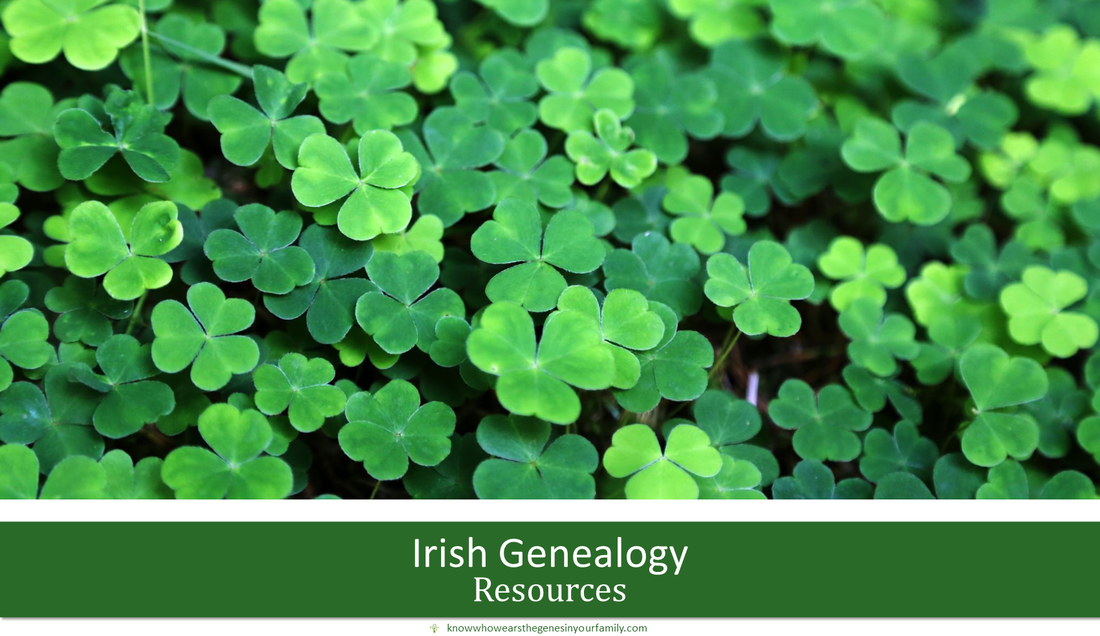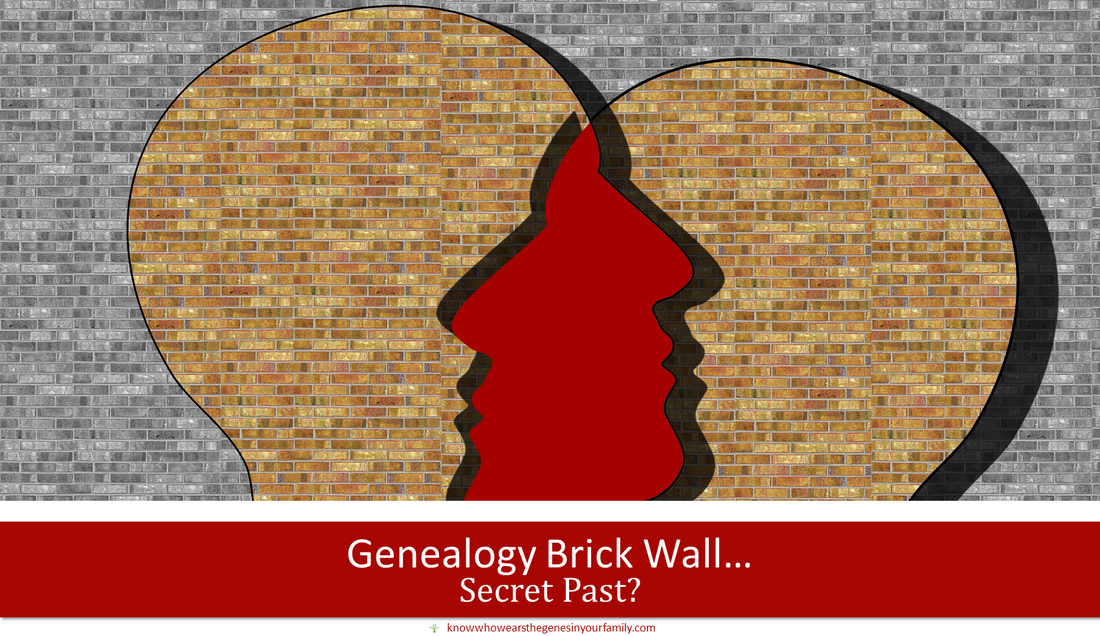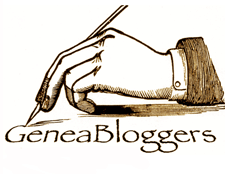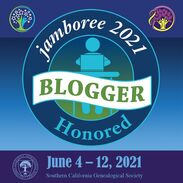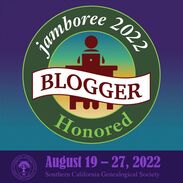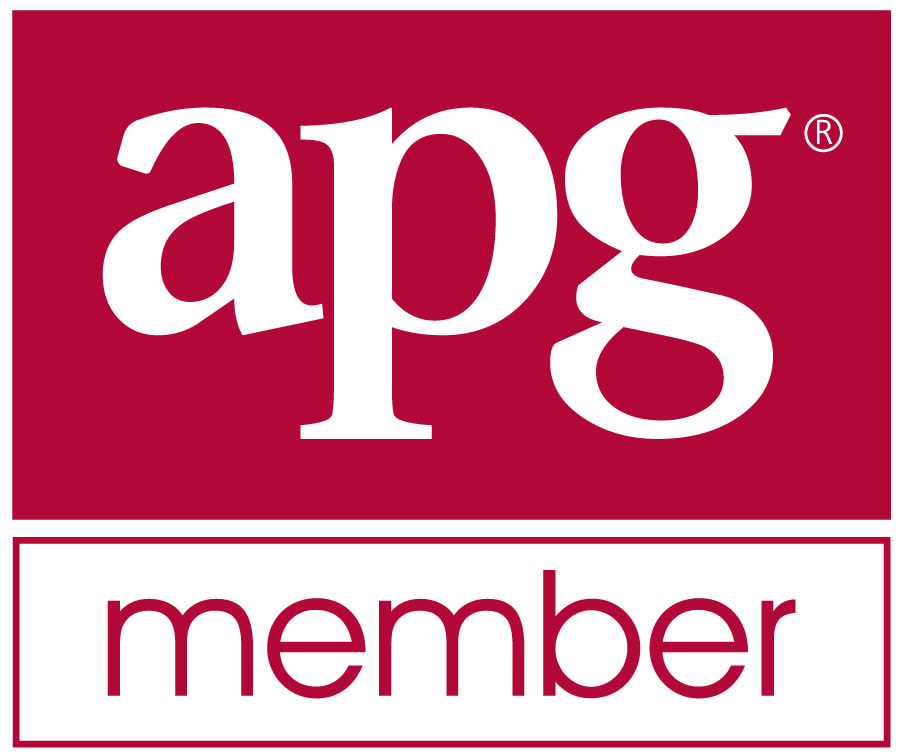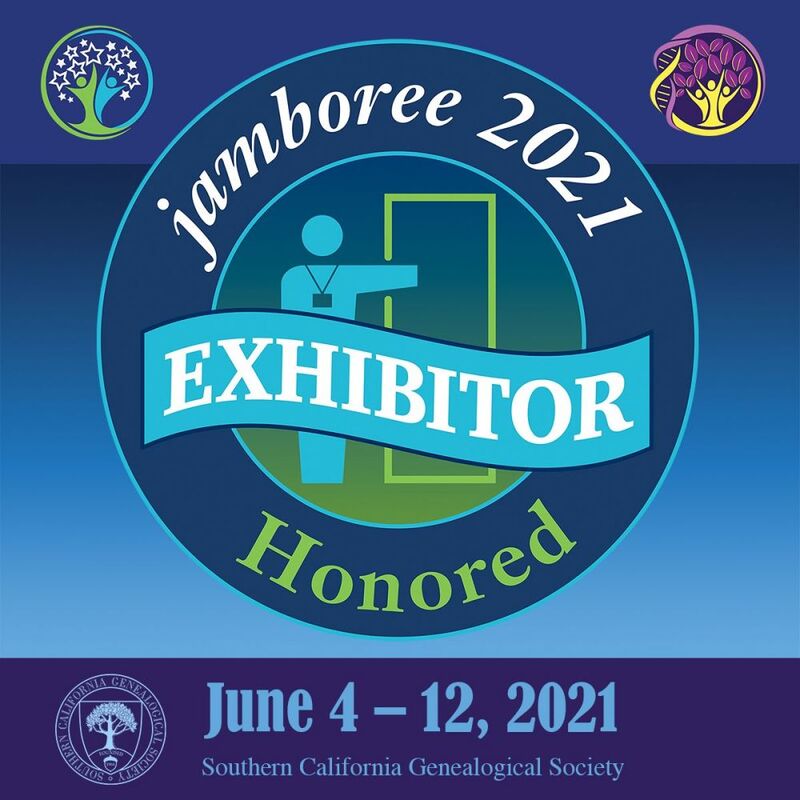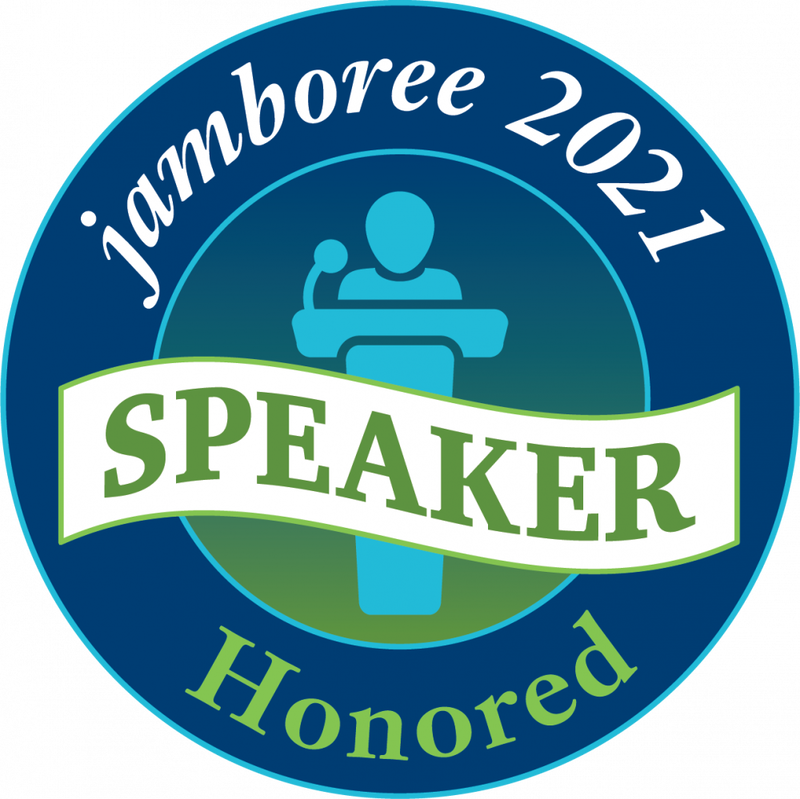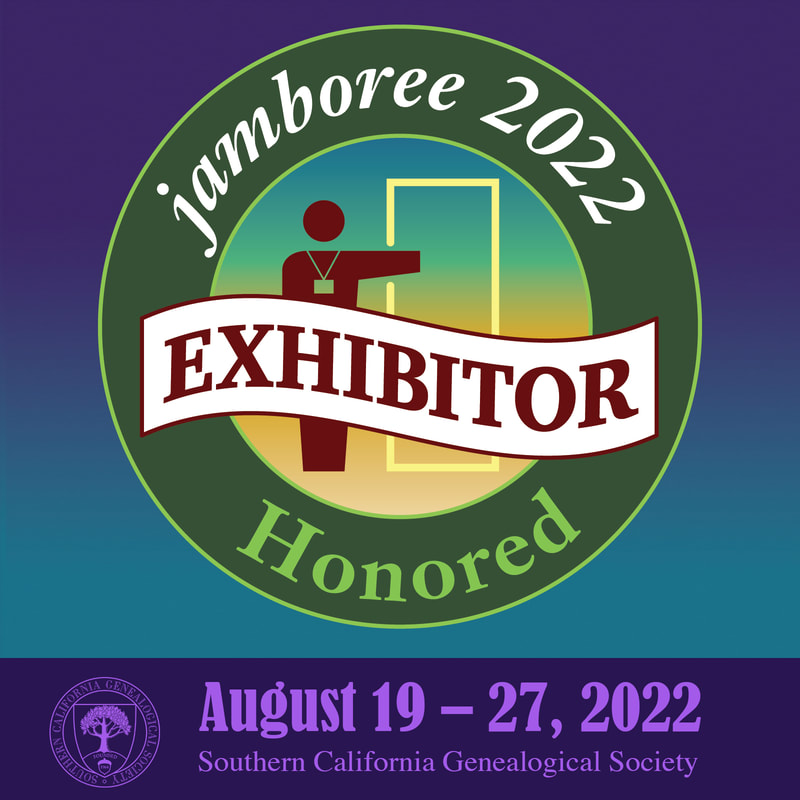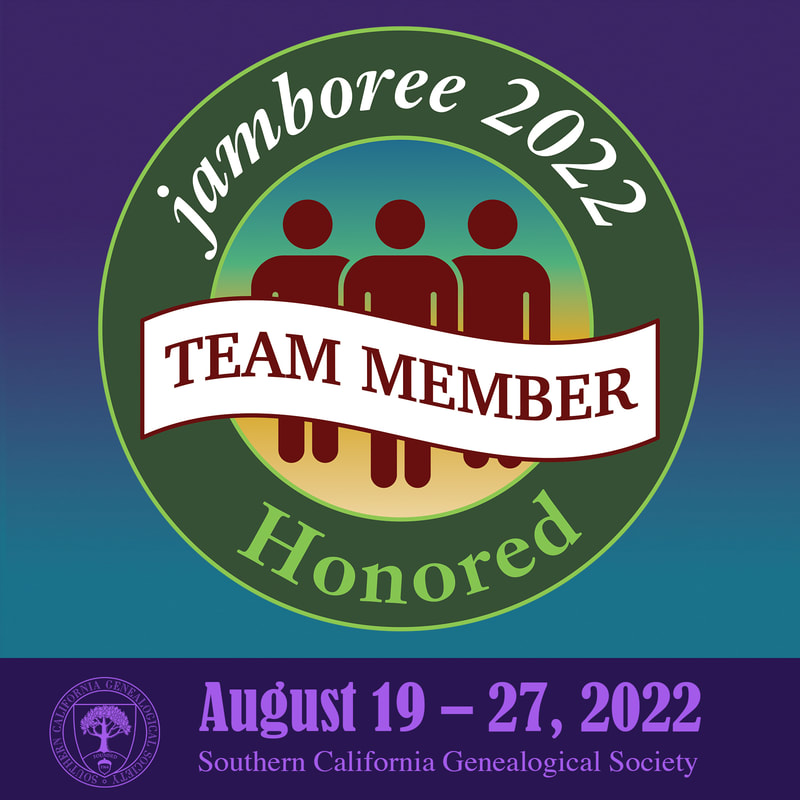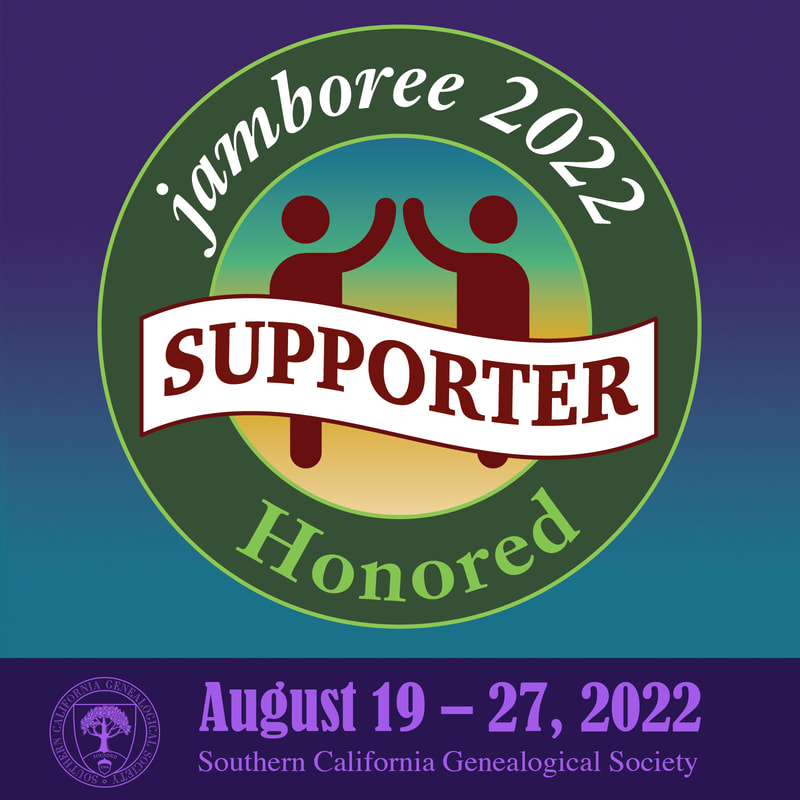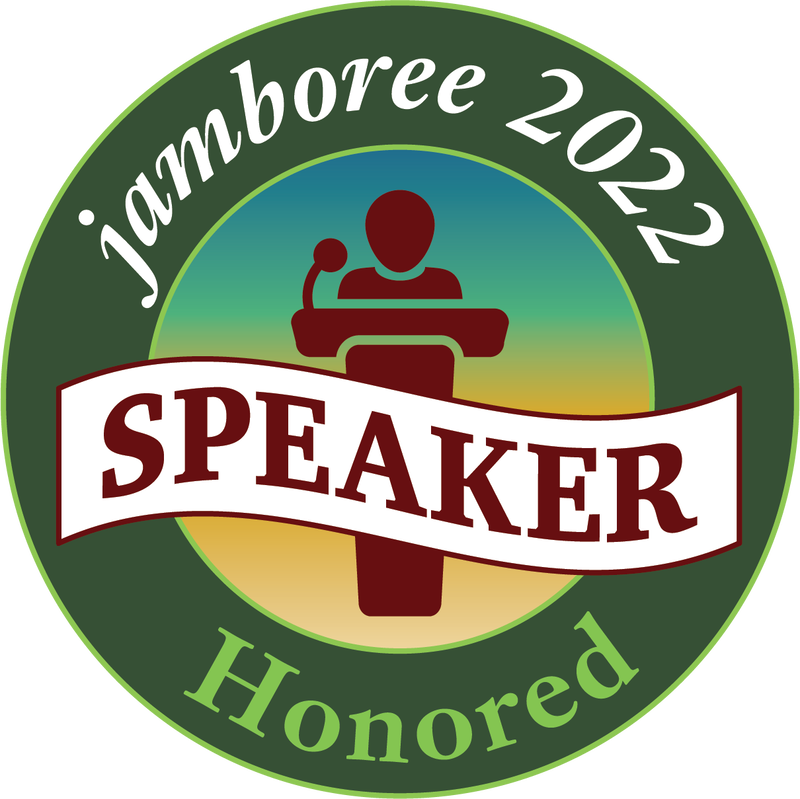5 Ways to Celebrate Juneteenth Juneteenth, celebrated on June 19th, marks the day in 1865 when enslaved African Americans in Texas learned of their freedom, two years after the Emancipation Proclamation. As a genealogist, understanding and honoring this significant event can deepen your appreciation for African American heritage and history. Here are five meaningful ways to celebrate Juneteenth. 1. Educate Yourself and Others Understanding the history and significance of Juneteenth is the first step in honoring this day. Read books, watch documentaries, and explore online resources that detail the stories of enslaved people, the Civil War, and the fight for freedom. Share this knowledge with friends, family, and your community to spread awareness. Consider hosting a virtual or in-person reading group to discuss influential works like "Juneteenth" (one of the most powerful classics since WWII) by Ralph Ellison or "The Warmth of Other Suns" (one of New York Time's best sellers and named TIME's 10 Best Nonfiction Books of the Decade, as well as The New York Times Magazine's Best Nonfiction of All Time) by Isabel Wilkerson. 2. Trace African American Genealogy For genealogists, like us, Juneteenth is an opportunity to delve into African American ancestry. Utilize resources like the Freedmen’s Bureau records, African American newspapers, and oral histories to uncover the stories of African American ancestors. This not only honors their legacy but also brings their histories to light for future generations. Encourage others to start their genealogical journey by offering workshops or online tutorials. 3. Support Black-Owned Businesses Economic empowerment is a significant aspect of celebrating Juneteenth. By supporting Black-owned businesses, you contribute to the economic strength and sustainability of African American communities. Research and share lists of local and online Black-owned businesses, and make a concerted effort to patronize them, whether it’s for everyday needs or special purchases. We have a fantastic black-owned shop, "The Gourmet Cobbler Factory" that makes amazing sweet potato pies, among others, in our community. I'm definitely stopping by tomorrow! 4. Participate in Local Juneteenth Events Many communities host events to commemorate Juneteenth, including parades, festivals, and educational programs. Attend these events to connect with others and participate in collective celebrations. Check out some of the top 10 Juneteenth events here. If your community doesn’t have Juneteenth events, consider organizing one. This could be a virtual gathering, a neighborhood barbecue, or an educational workshop that highlights the history and significance of Juneteenth. 5. Reflect and Engage in Acts of Service Juneteenth is not just a celebration of freedom but also a reminder of the ongoing struggles for equality and justice. Take this time to reflect on the progress that has been made and the work that still needs to be done. Engage in acts of service that support racial justice and equality. Volunteer with organizations that focus on civil rights, social justice, and community development. Consider making donations to causes that promote equality and support African American communities. By taking part in these activities, you not only celebrate Juneteenth but also honor the resilience, strength, and contributions of African Americans throughout history. As genealogists, we have a unique role in preserving and sharing these vital stories, making sure they are remembered and respected for generations to come. Happy Celebrating! More African Amercian GenealogyMore Genealogy ResourcesLearn about more family history and genealogy resources under the Genealogy Resources category and on my dedicated Genealogy Resources page. More Top Genealogy#AfricanAmericanGenealogy,#AfricanAmericanAncestry,#Genealogy,#BlackHistory,#Juneteenth
0 Comments
2/18/2024 Celebrating My African American Genealogy Connections with the BYU Relative FinderRead NowIn honor of Black History Month, I thought I’d check out my African American genealogy connections in the BYU Relative Finder. I have a list of 47 connections, which you can see below. Take in mind that BYU uses your FamilySearch World/Collaborative Tree to generate the connections, in which most of us know that the results would then be only as accurate as what others have connected to the World Tree. 😉 I quickly reviewed a lot of the connections, in which the majority connect us by distant ancestors that I have yet to confirm. There were many, where dates just didn’t add up, like women having children in their 50s back in the 16th and 17th centuries. 😉 I have included a closer look at 2 of my connections, Martin Luther King Jr. and Rosa Parks. My Genealogical Connection to Martin Luther King Jr.According to the BYU Relative Finder and the FamilySearch World Tree, I am connected to Martin Luther King Jr. I have not confirmed anything past James West, born 1745. My Genealogical Connection to Rosa ParksAccording to the BYU Relative Finder and the FamilySearch World Tree, I am connected to Rosa Parks. I have not confirmed anything past John Robinson, born 1790 on the chart, in which I have 1788. These are still quite fun to look at, and when I have time, one day, in the far future, I may work on these connections to see how valid they really are, but with the collaborative tree, I won't hold my breath. If I find that I am connected to them in my family tree, then I am quite honored, indeed! 😊 You can check out your own African American connections, along with others, at the BYU Relative Finder on the BYU Family History Technology Lab Website. More African American Genealogy and Genealogy Resources Learn about more African American genealogy tips and resources, along with other family history and genealogy resources under the African American Genealogy and Genealogy Resources categories and on my dedicated Genealogy Resources page.
African American Genealogy: Research TipsSearching for your African American ancestors can be quite challenging, to say the least. Here are some basic tips to get you started on your African American genealogy research journey, so you can start climbing your family tree! Steps to researching your African American Ancestors:
African American Genealogy Research Tips:
More Genealogy Resources: Learn about more family history and genealogy resources under the Genealogy Resources category and on my dedicated Genealogy Resources page. Top 5 African American Genealogy WebsitesDo you have African American ancestry and looking for records, tools, and resources that can help in your African American genealogy research? African Amercian research is not that easy once you need to go further back than the 1870 U.S. Census, but here are my top 5 websites for African American genealogy to help you climb your family tree! 1. FamilySearch/FamilySearch Research Wiki African American Genealogy (FREE)
2. Ancestry ($ & Free)
3. National Archives- African American Research (Free)
5. AfriGeneas (Free)
More African Amercian Genealogy: Find more of the Irish genealogy under the African Amercian Genealogy category. More Genealogy Resources: Learn about more family history and genealogy resources under the Genealogy Resources category and on my dedicated Genealogy Resources page. More Top Genealogy: Find more of the best of family history and genealogy under the The Best of Genealogy category. #AfricanAmericanGenealogy,#AfricanAmericanAncestry,#Genealogy African American Genealogy Research Tips in Honor of Juneteenth, Freedom Day!Juneteenth, Freedom Day Juneteenth was finally established as a federal holiday, last year on June 17, 2021, to be recognized and observed every year on June 19th, unless it falls on a weekend, but it has been around much longer than that! Juneteenth is also known as Freedom Day, Juneteenth Independence Day, and Emancipation Day. Even though Emancipation was proclaimed in 1863, it wasn’t actually implemented in confederate states, and the implementation took affect little by little. The last place that word had reached, and emancipation was finally implemented, was in the state of Texas, on June 19, 1865, when Union troops landed in Galveston, Texas and announced their freedom by executive decree. Juneteenth has been celebrated ever since; although, many Americans have not been aware of it. With it being a federal holiday, all Americans will finally know of this holiday and what an important day in history it was and is! 😉 In the early days it had been celebrated with prayer and family gatherings, and some taking pilgrimages to Galveston; today it is celebrated with the same, as well as parades, festivals and more. African American Genealogy Research
Are you researching African American Ancestors for either yourself, another family member, friend, or a client? Are you looking for research tips, records to use, resources, or Presentations? I do not specialize in African American research in any way, but I have researched for African American clients and thought some of the information I use, that I have listed below, may be of interest and help. 😊 Steps to researching your African American Ancestors:
African American Genealogy Research Records:
African American Genealogy Research Tips:
African American Genealogy Resources:
African American Genealogy and Ancestry Webinars and Presentations Coming Up:
Free Anytime FamilySearch Lessons in African American Genealogy:
FREE Anytime BYU Library African American Research Videos
Interactive Questions: How will you celebrate Juneteenth? Are you stuck in your African American genealogy research? What records above have you found the most useful in your African American genealogy research? Do you have other tips or resources that may be helpful? Did you know that MyHeritage and FamilySearch offered these free genealogy classes and conferences? Are you signed up for any of the webinars and presentations listed above? I’d love to hear your comments below, in the comment section! More African American resources: Find more African American genealogy resources, tips, and other info under the African American Genealogy category. More Genealogy Events: Find some more genealogy presentations and events to attend, under the Genealogy Presentations category and the Genealogy Events category. More Genealogy Resources: Learn about more family history and genealogy resources under the Genealogy Resources category and on my dedicated Genealogy Resources page. More Genealogy Records: Learn about more records you can use in your research under the Genealogy Records category. This post is a participant in the Genealogy Blog Party! ←Back to Genealogy Resources Page |
Details
Categories
All
FeaturedTop PostsBlogrollEvalogue.Life, Heart of the Family, Molly's Canopy, Climbing My Family Tree, Cami Mayer, Field Genealogist, Ancestor Detective, DNA Breakthroughs, Your DNA Guide, Ancestral Findings, Genealogy Tip of the Day, Family History Daily, Genea-Musings
BlogI hope my family history and genealogy blog on genealogy research tips, resources, events, and more, along with my own genealogy journeys, will help you in your research and in building your family tree to learn more about your ancestors and family history to preserve for future generations to come! Come visit me at Know Who Wears the Genes in Your Family if you're interested in starting your family history journey, booking me for your next speaking event, or family history and genealogy heirloom products!
Archives
July 2024
|
HoursM-Su: 8am - 8pm
|
Know Who Wears the Genes in Your Family is dedicated to promoting family history and genealogy, while maintaining commitment to client care and professional service, and adheres to the Code of Ethics and Professional Practices put forth by the Association of Professional Genealogists.
|


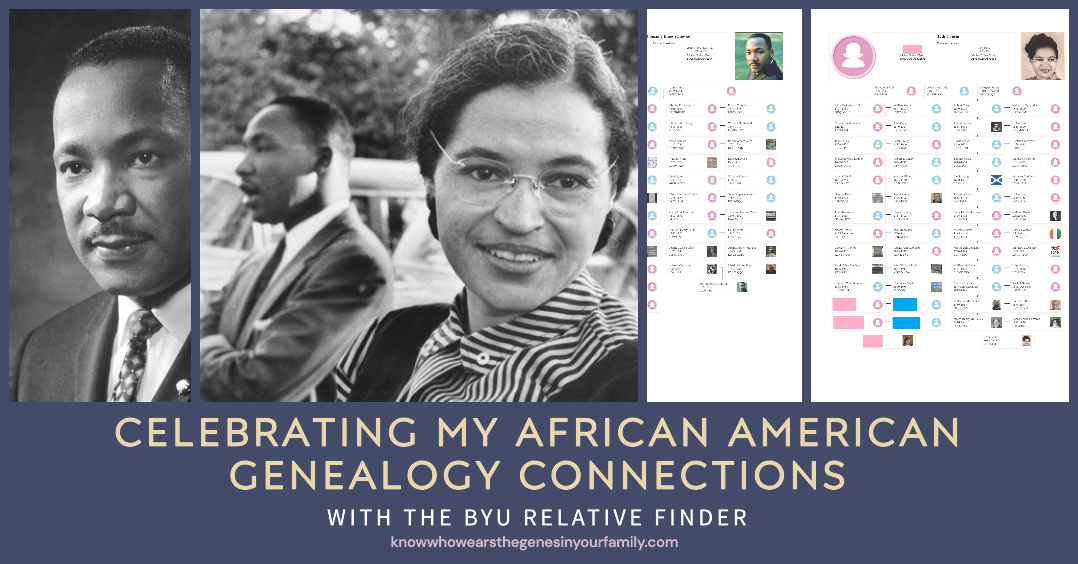
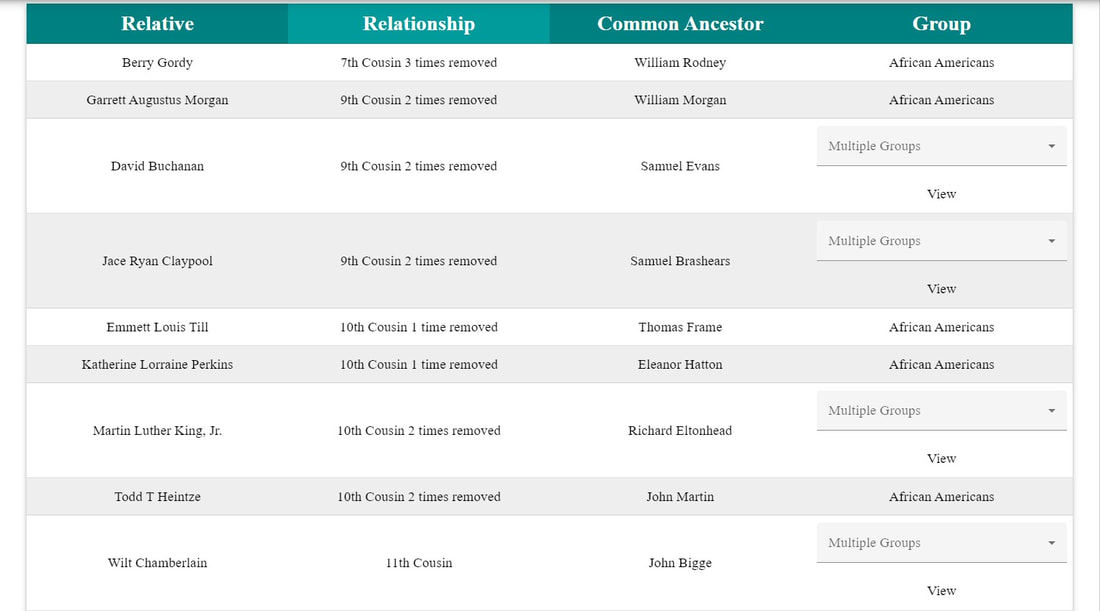
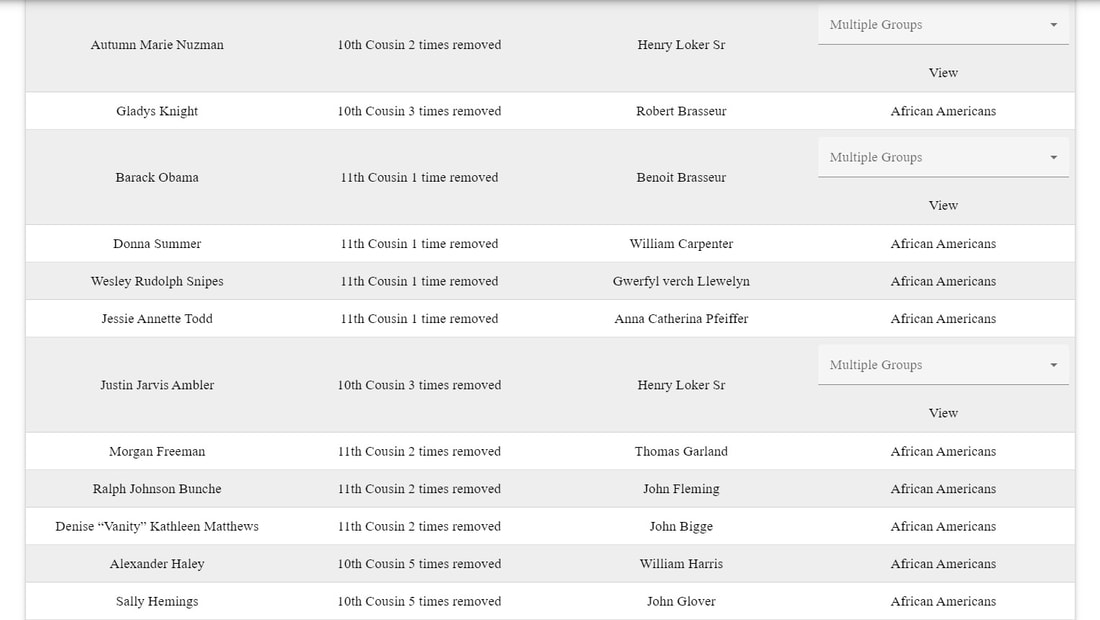
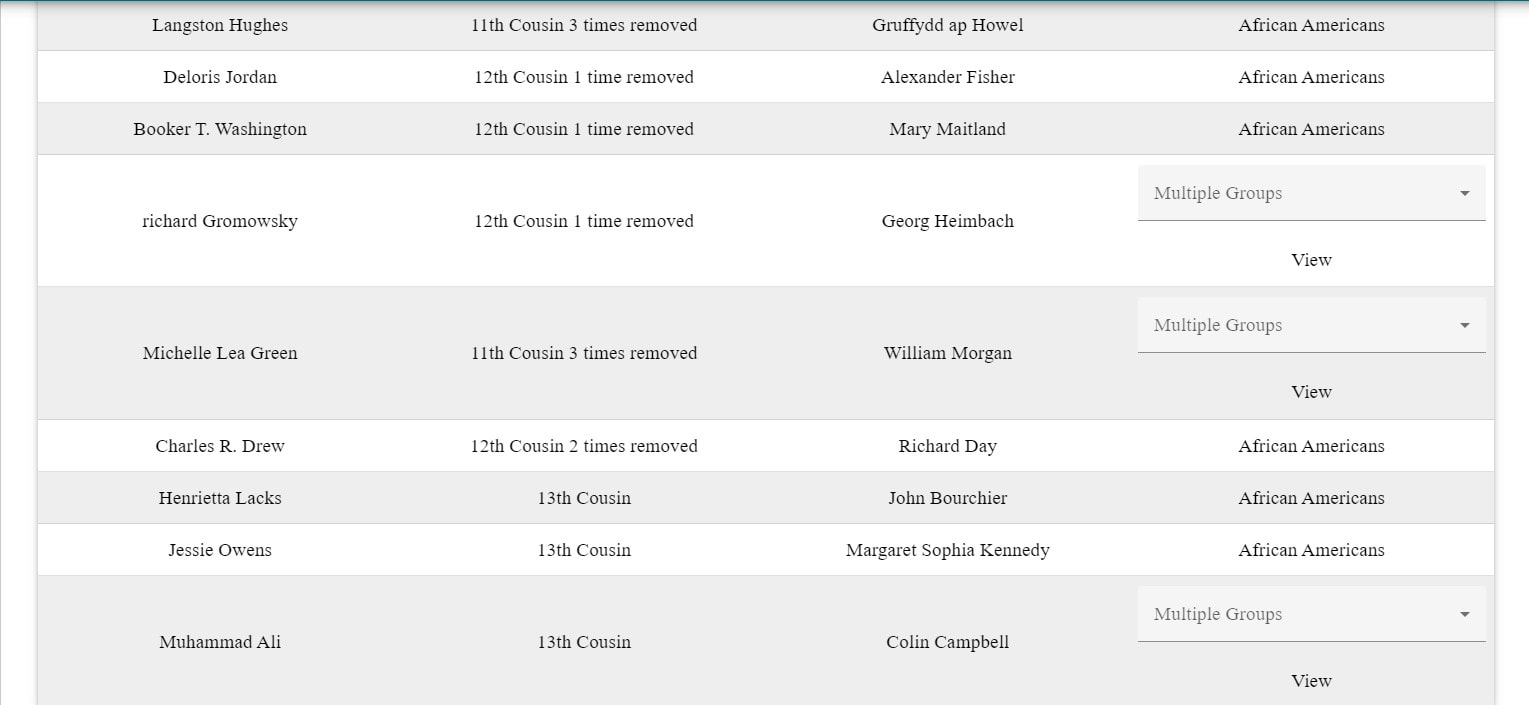
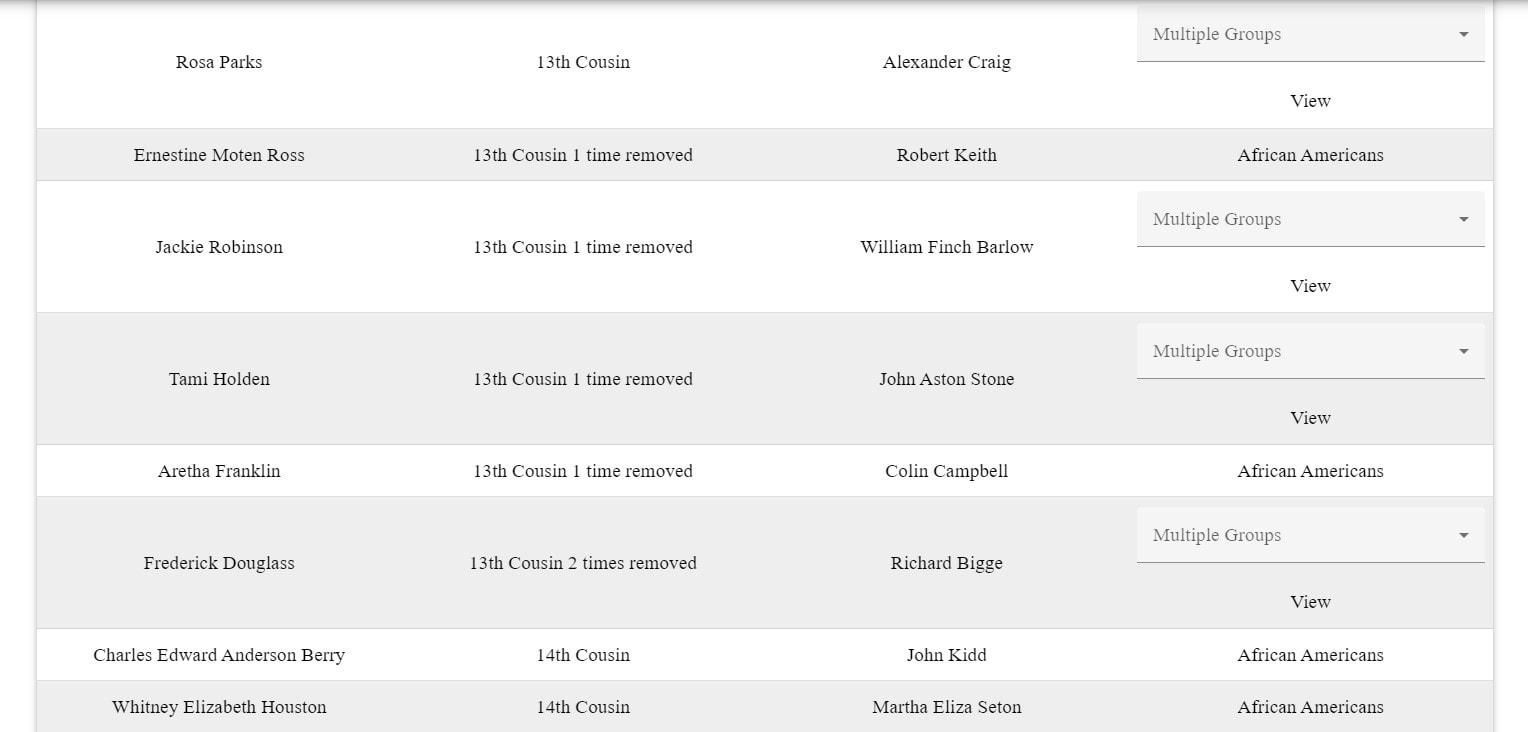
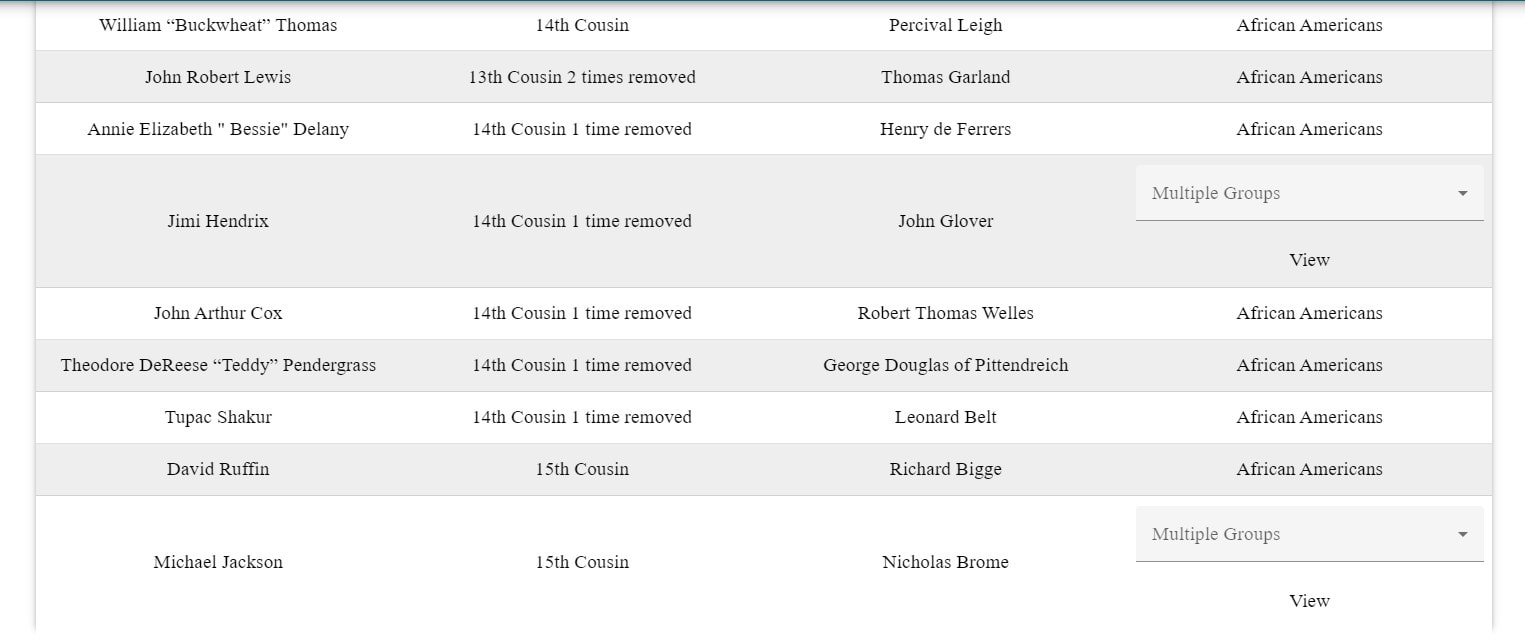
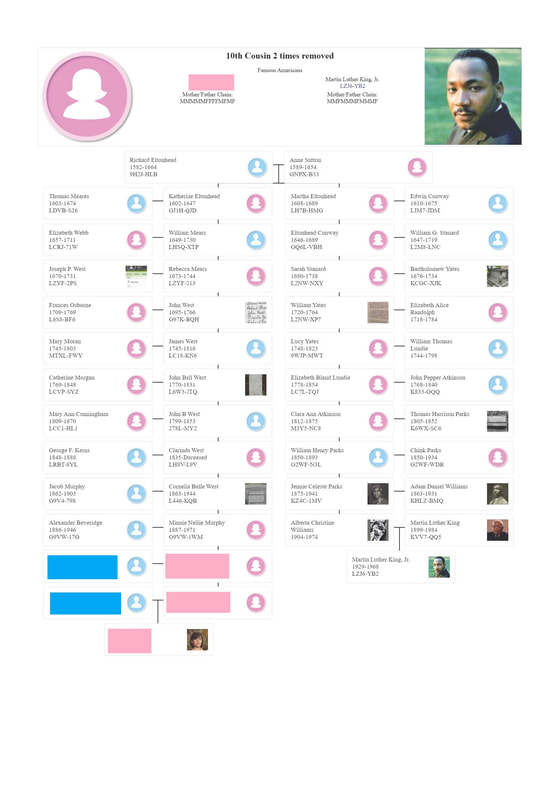
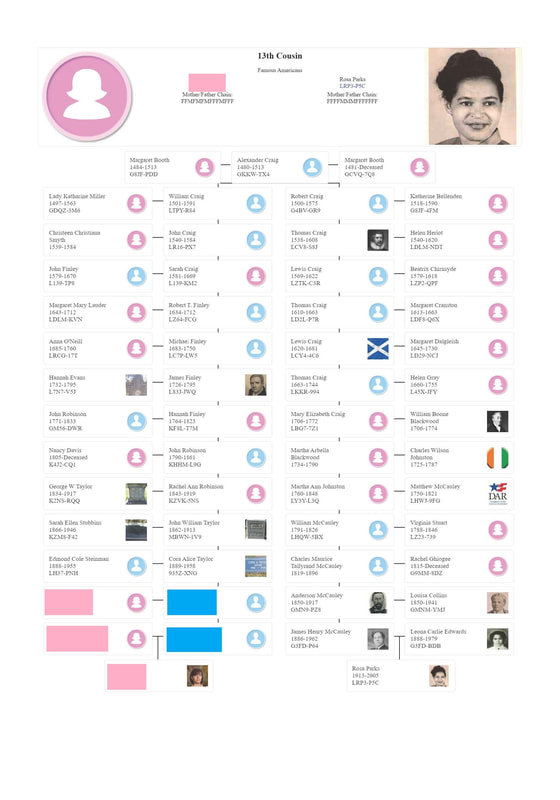
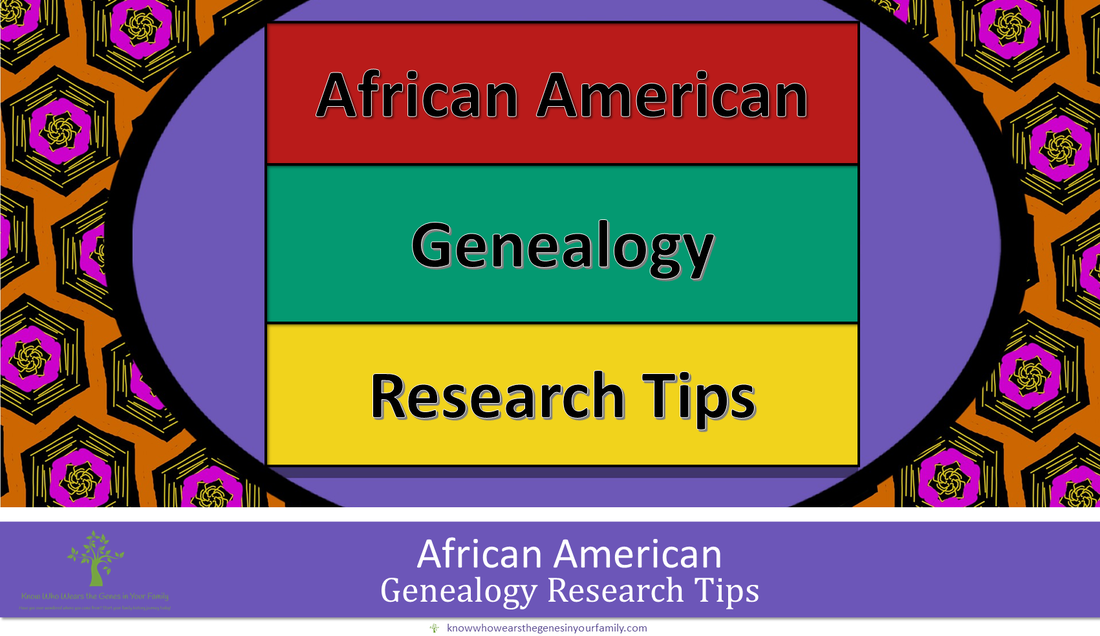
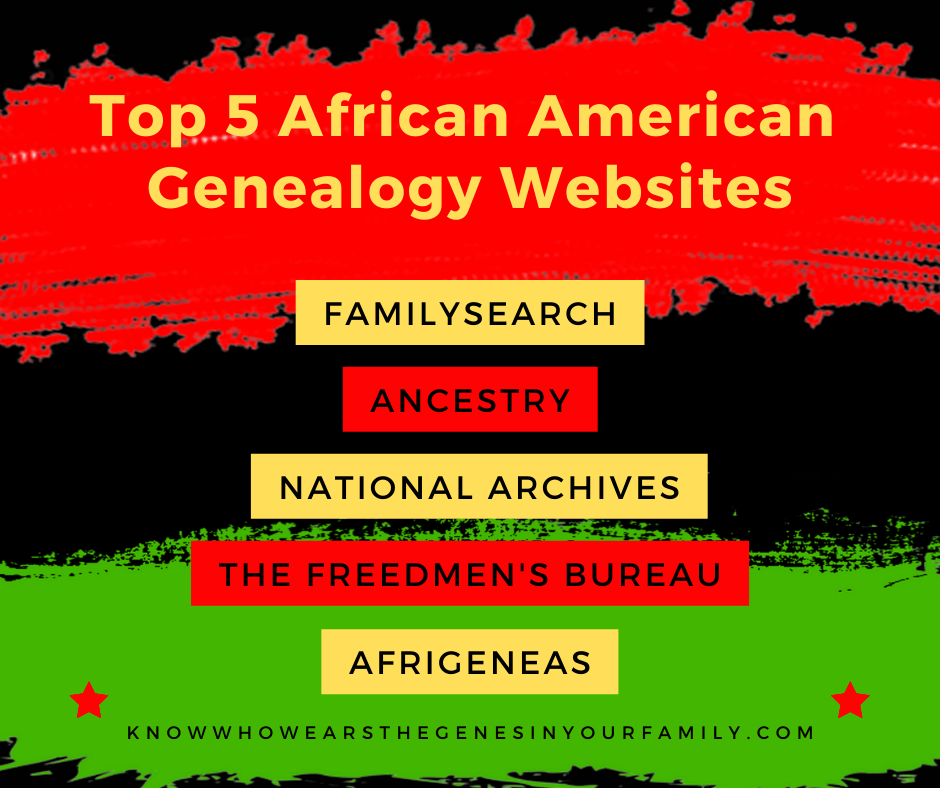
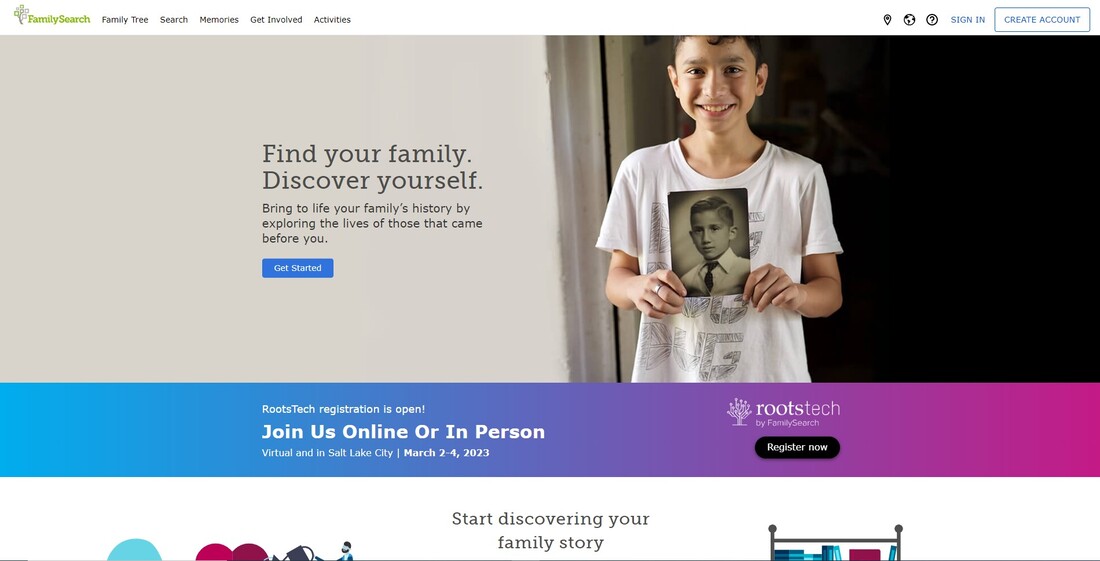
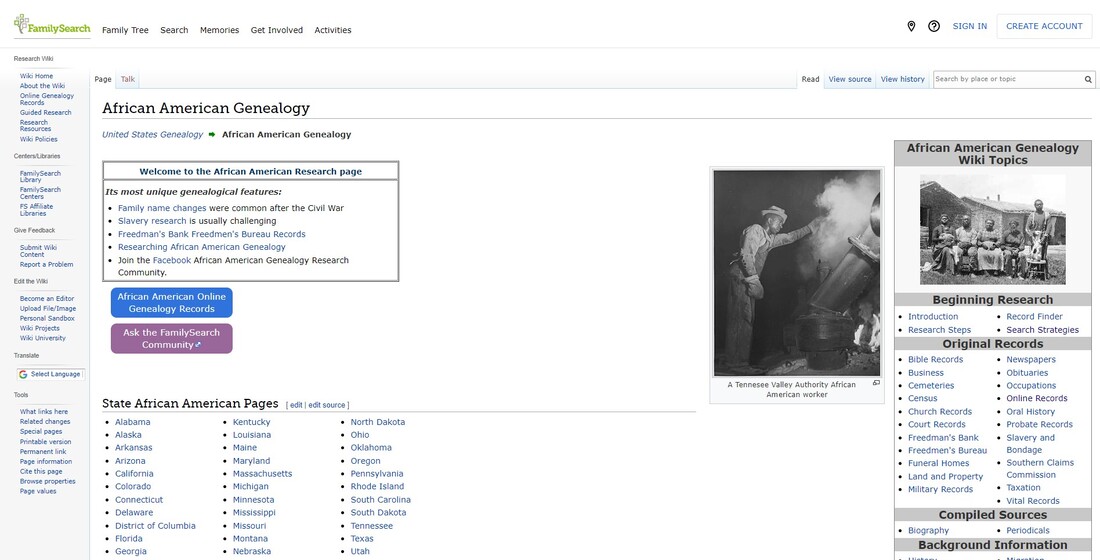
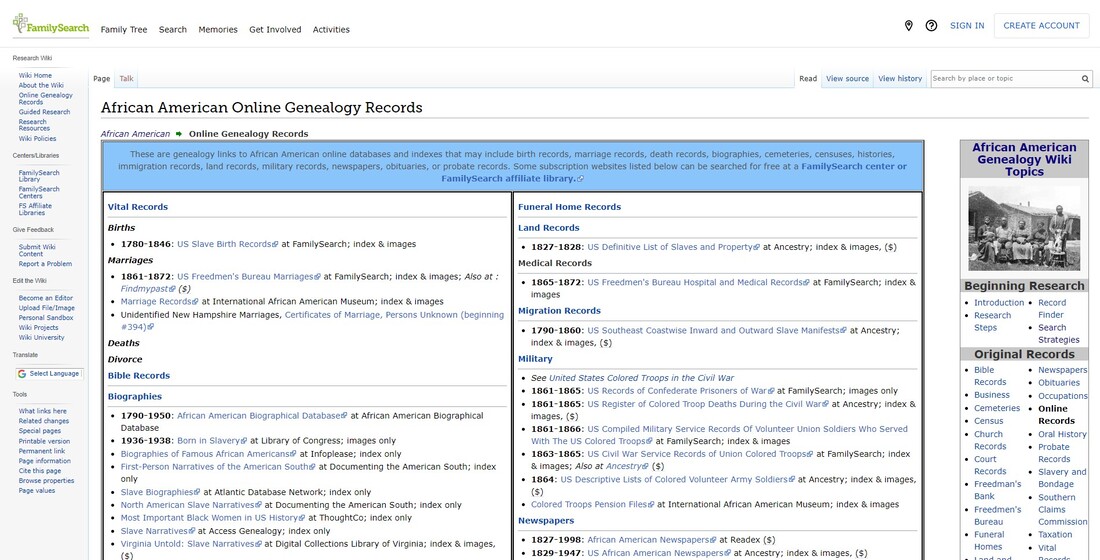
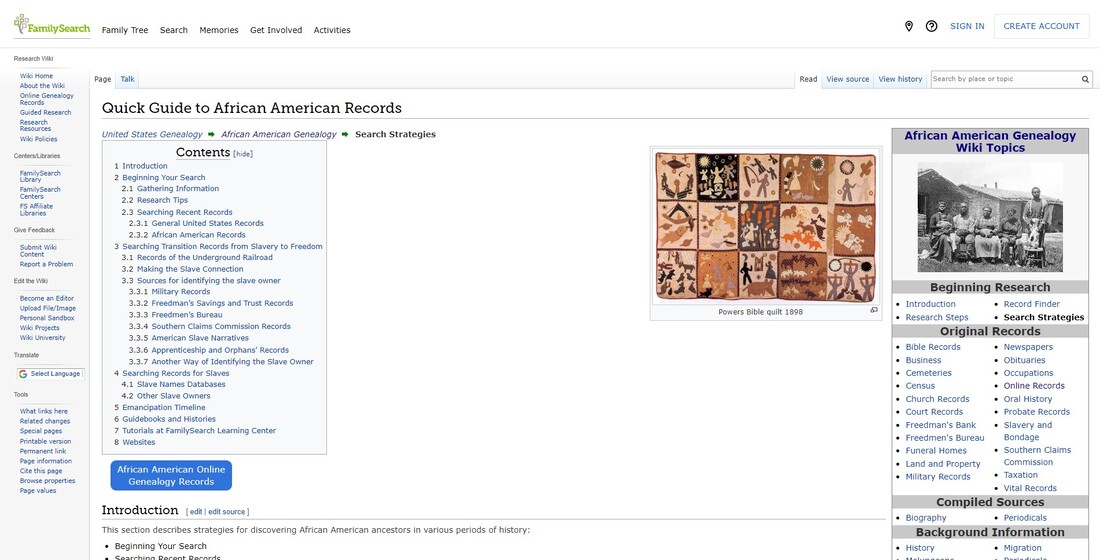
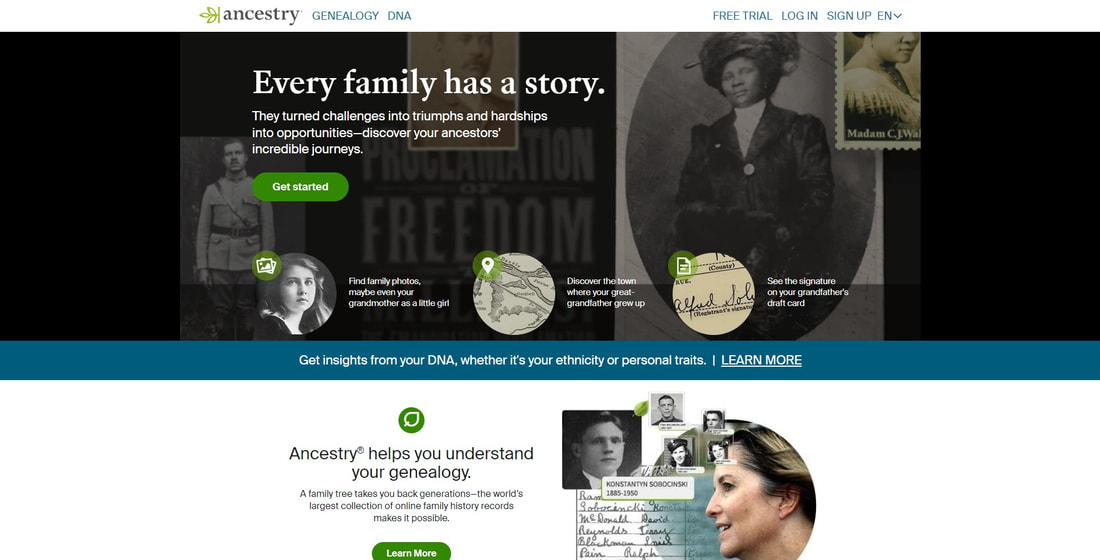
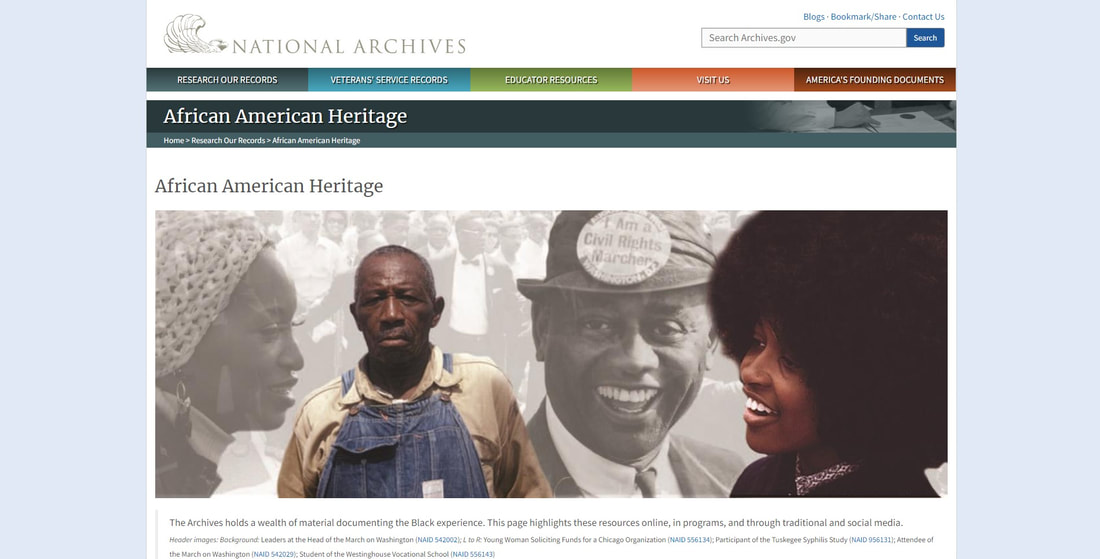
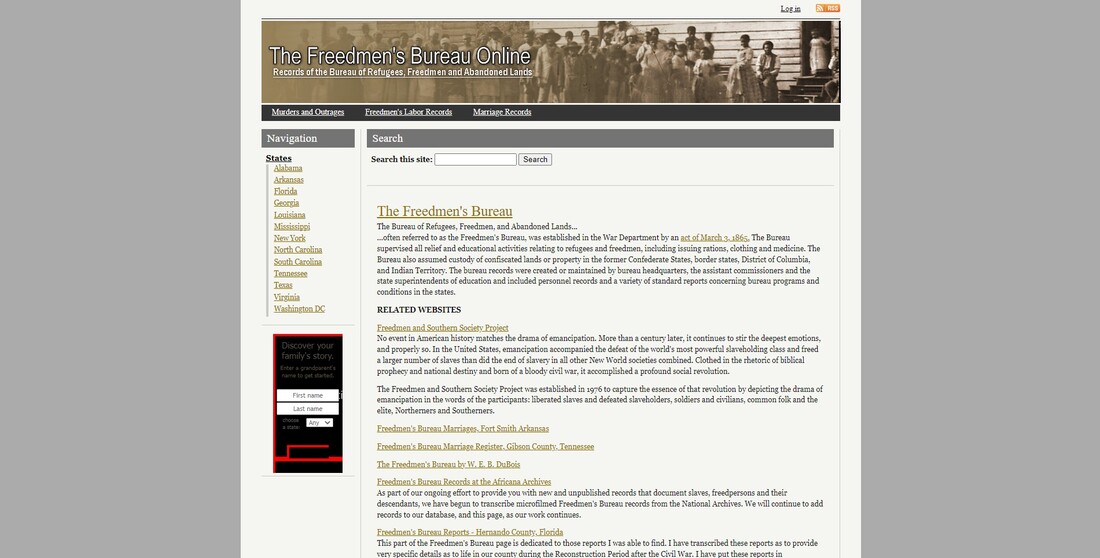
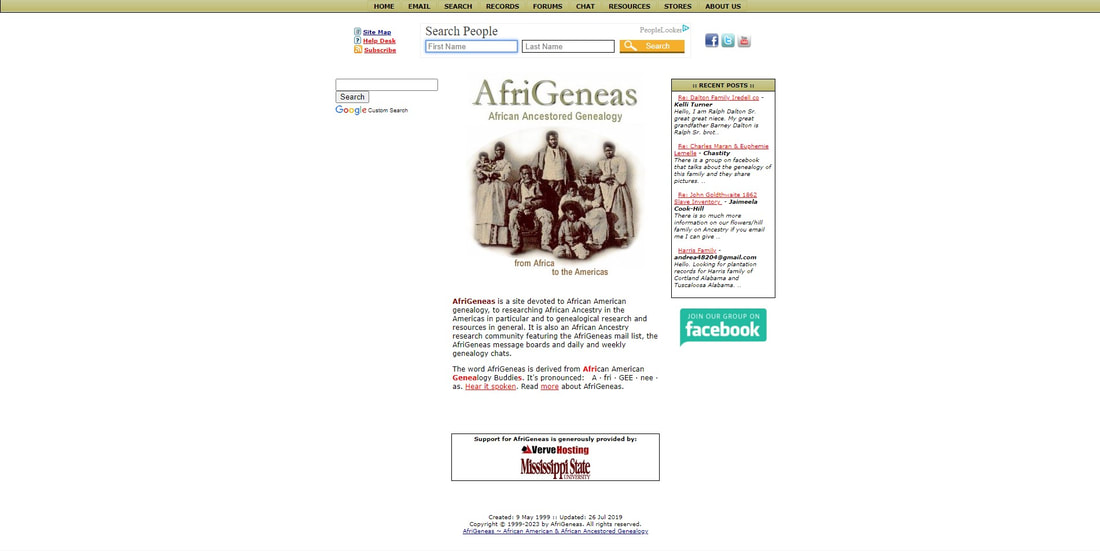
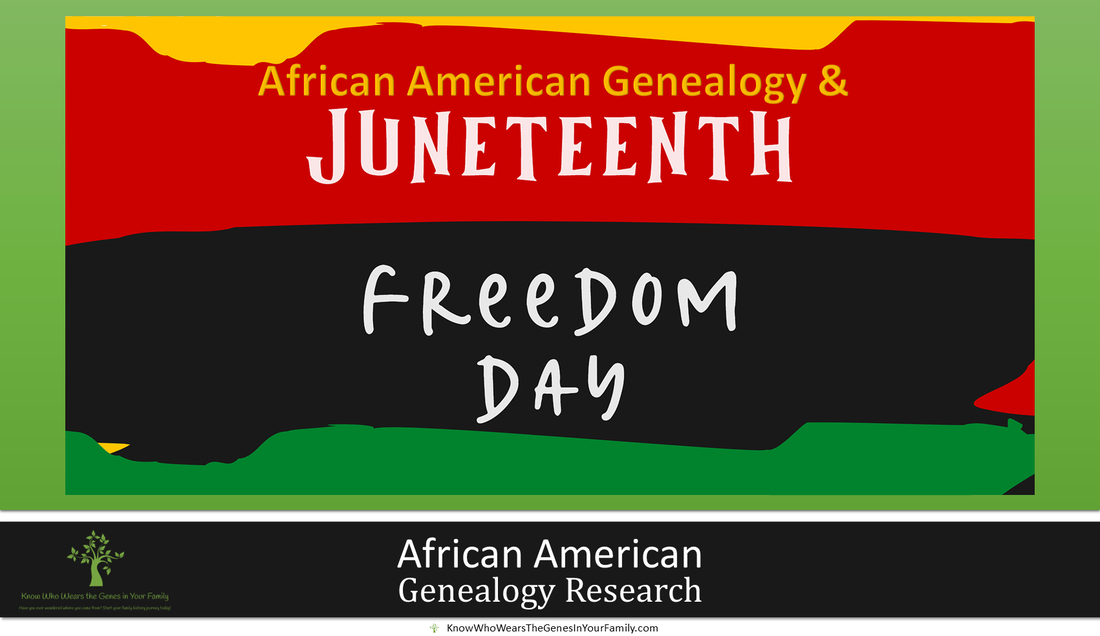
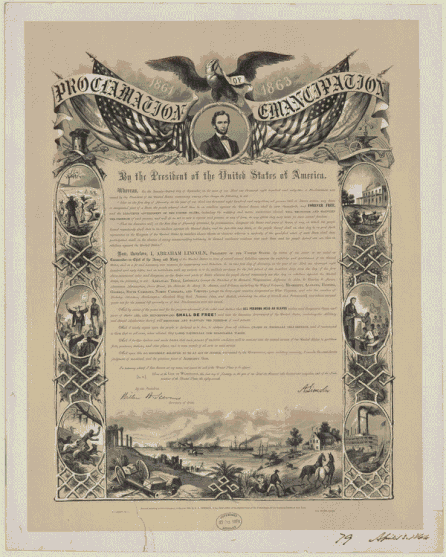
 RSS Feed
RSS Feed
